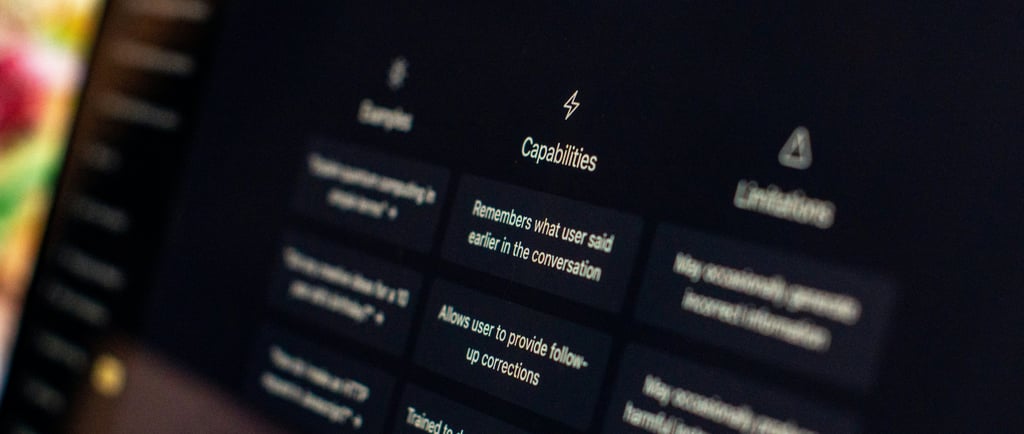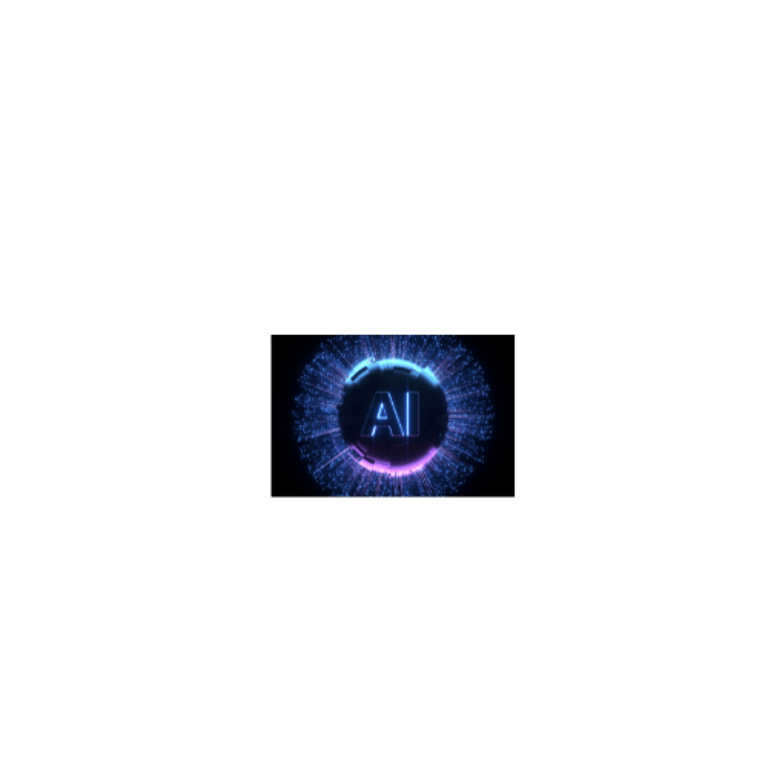ChatGPT Pulse and the Ethics of “Helpful” Autonomy
By Angeli Raven Fitch, Esq. — AI Legal Strategist
10/15/20251 min read


OpenAI’s new feature, ChatGPT Pulse, may be the most quietly revolutionary update since the model launched. It’s designed to help — but it also crosses a psychological and ethical line that every professional should pay attention to.
The Promise
Pulse runs overnight. While you sleep, it reviews your past chats, connected tools, and activity, then wakes you up with a curated “briefing” — emails, deadlines, reminders, even suggested priorities.
No more prompting. No more hunting through tabs. It’s AI that thinks ahead for you.
The Shift
But that’s exactly the problem. Pulse represents a new phase of AI evolution — from reactive to autonomous.
You no longer tell it what to do. It decides what’s worth doing.
That shift carries ethical consequences:
Confidentiality: Did you explicitly approve which data it read?
Bias and influence: If AI curates your “day,” whose values shape its priorities?
Accountability: If it misclassifies a client email or exposes privileged data, who’s responsible — you or the algorithm?
The Legal Lens
For lawyers, this is Rule 1.6 territory — confidentiality of information. “Opt-in” integrations sound safe, but once data flows into a system that retains memory, every automated insight is a potential disclosure.
Turning off training data doesn’t solve the risk; contextual inference still happens behind the scenes.
The Bigger Picture
AI systems like Pulse don’t need to be malevolent to be manipulative. A well-intentioned “assistant” that filters your world can still narrow your perspective, shape your attention, and slowly redefine your decision-making.
That’s why AI ethics must evolve from static rules into dynamic guardrails — principles embedded directly into system design:
Transparent data boundaries.
Consent that renews with every new integration.
Audit logs for AI-initiated actions.
The Takeaway
Pulse is a glimpse into our future. A future where digital assistants become digital decision-makers.
The question isn’t whether AI can help us. It’s whether we’ll still recognize the line between help and control.
Because once AI starts thinking for you, you better be sure it’s thinking in your best interest — not just efficiently, but ethically.
